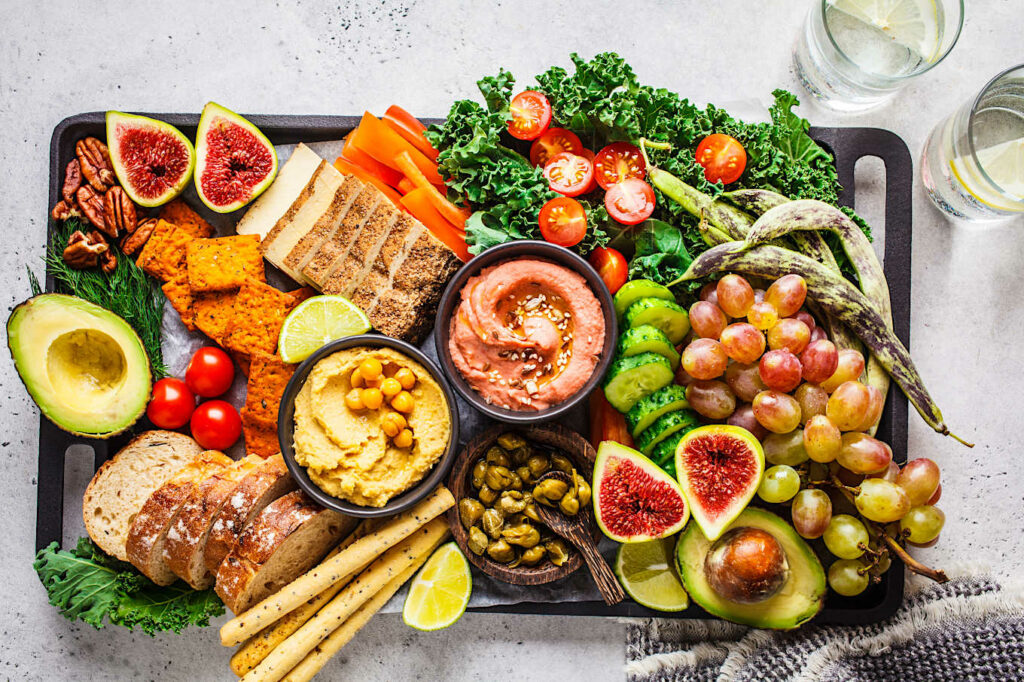Understanding the biological processes of ageing could help us lead longer, healthier lives and a new study reveals that the speed at which our brain ages is closely linked to the nutrients in our diets. Researchers from the University of Illinois and the University of Nebraska-Lincoln conducted a study mapping brain scans against nutritional intake for 100 volunteers aged between 65 and 75. They sought connections between specific diets and the rate of brain ageing.
The study identified two distinct types of brain ageing. The slower-paced ageing was associated with nutrient intake similar to the Mediterranean diet, which previous studies have shown to be highly beneficial for overall health.
“We investigated specific nutrient biomarkers, such as fatty acid profiles, known in nutritional science to potentially offer health benefits,” says neuroscientist Aron Barbey from the University of Illinois. “This aligns with the extensive body of research in the field demonstrating the positive health effects of the Mediterranean diet, which emphasizes foods rich in these beneficial nutrients.”

Importantly, the researchers did not rely on the study participants to report their diets. Instead, they analyzed blood samples to identify nutrient biomarkers, providing solid scientific evidence of what these elderly individuals were actually consuming.
Beneficial biomarkers identified included fatty acids (found in fish and olive oil), antioxidants like vitamin E (present in spinach and almonds), and carotenoids (plant pigments found in carrots and pumpkin). These nutrients have been found to lower inflammation in the body and protect cells from damage. Another beneficial biomarker associated with slower ageing was choline, found in high concentrations in egg yolks, organ meats, and raw soybeans.
The researchers assessed brain ageing using MRI brain scans and cognitive assessments. This dual approach provided a comprehensive picture of practical mental agility and the more subtle details of neuron configuration.
“This allows us to build a more robust understanding of the relationship between these factors,” says Barbey. “We simultaneously examine brain structure, function, and metabolism, demonstrating a direct link between these brain properties and cognitive abilities.” Evidence is mounting that nutrition plays a significant role in how the brain ages and each new study offers more insight into the brain’s close connection with every other part and function of the body.

This research, while not comprehensive enough to prove cause and effect, captured a snapshot in time. However, similar conclusions were reached by a 2023 study, which followed participants for 12 years and also found a connection between the Mediterranean diet and lower cognitive decline.
The research team plans to look at clinical trials over significant periods to understand better how diet and nutrition might affect brain ageing. It’s possible that simple tweaks to what we eat could help reduce the risk of neurodegenerative diseases such as Alzheimer’s. “The present study identifies particular nutrient biomarker patterns that are promising and have favourable associations with measures of cognitive performance and brain health,” says Barbey.
The research has been published in npj Aging.






